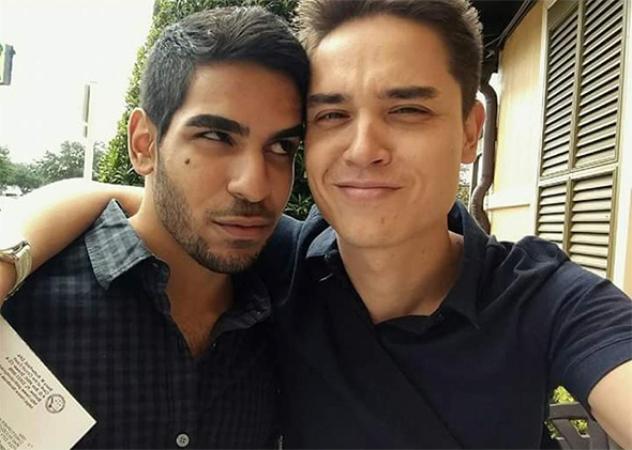Last week, I was lucky enough to be able to attend the Funeral Consumers Alliance biennial Conference in Atlanta, Georgia.
The FCA, in case you’re new to this blog, is a grassroots consumer protection group which advocates at a national and state level for individual and consumer rights in the end of life and deathcare industries.
Like all businesses, the funeral service industry has strong incentive to advocate for favorable conditions and laws which would increase their markets and profits, including employing lobbyists and working for legislative and regulatory board presence at local, state, and national levels. As most Americans (and safely, most humans) tend to avoid thinking about or engaging with the funeral industry until absolutely required, the day-to-day behind-the-curtain workings (shenanigans?) are usually far from awareness, and really only surface when a regulation or practice restricts or causes extra expense for individual consumers–at which point it is far too late.
The FCA, both at a national and local affiliate level, is always watching, however, and working tirelessly on a shoestring to fight the fights you don’t know are even necessary, to proactively protect you, your freedoms, and your pocketbook.
(Disclosure: I am a member of the FCA–national and Austin chapter–and more importantly, fully support and believe in their mission!)
The FCA convention, then was a chance to put faces to names, and meet the folks whose work I’ve admired for years–and it was a blast!.

I was squeeing like a fangirl when I got to meet Katrina Spade, founder of the Urban Death Project, the one leading the charge to develop city-based sites that will allow for human body composting (a process she’s christened “recomposition”).

We also had the chance to learn:
- how the US has arrived at the point where a dead body is the property of the family
- how to canvass and assemble the funeral home and cemetery price surveys that are truly one of the most essential functions of the FCA affiliate branches
- how to perform a home funeral, as well as delve into the cultural and consumer implications of modern funeral and deathcare behaviors, and
- how legal structures affect both end of life and deathcare decisionmaking, especially regarding appointment of agent and POLST forms.
among many other informative talks and sharing sessions.
The Funeral Consumers Alliance does incredibly important work, in both advocacy and information-sharing. Without them, I am confident that even more folks would be taken advantage of and put at a disadvantage when having to make funeral arrangements–we really need what they do!
If you ever need guidance on funeral and deathcare, check them out. And consider joining your local chapter–it helps fund their work!
I definitely will be at the next FCA Conference in 2018. Wanna go with?

